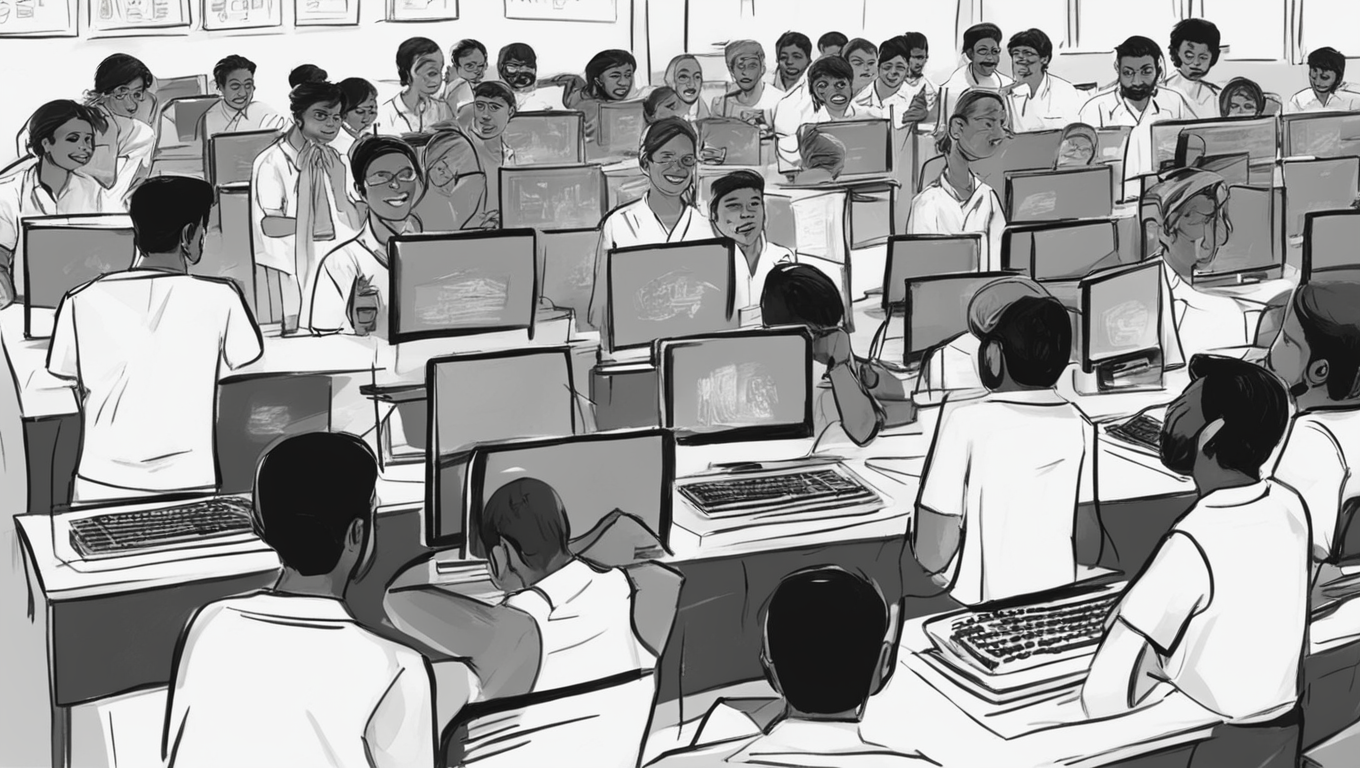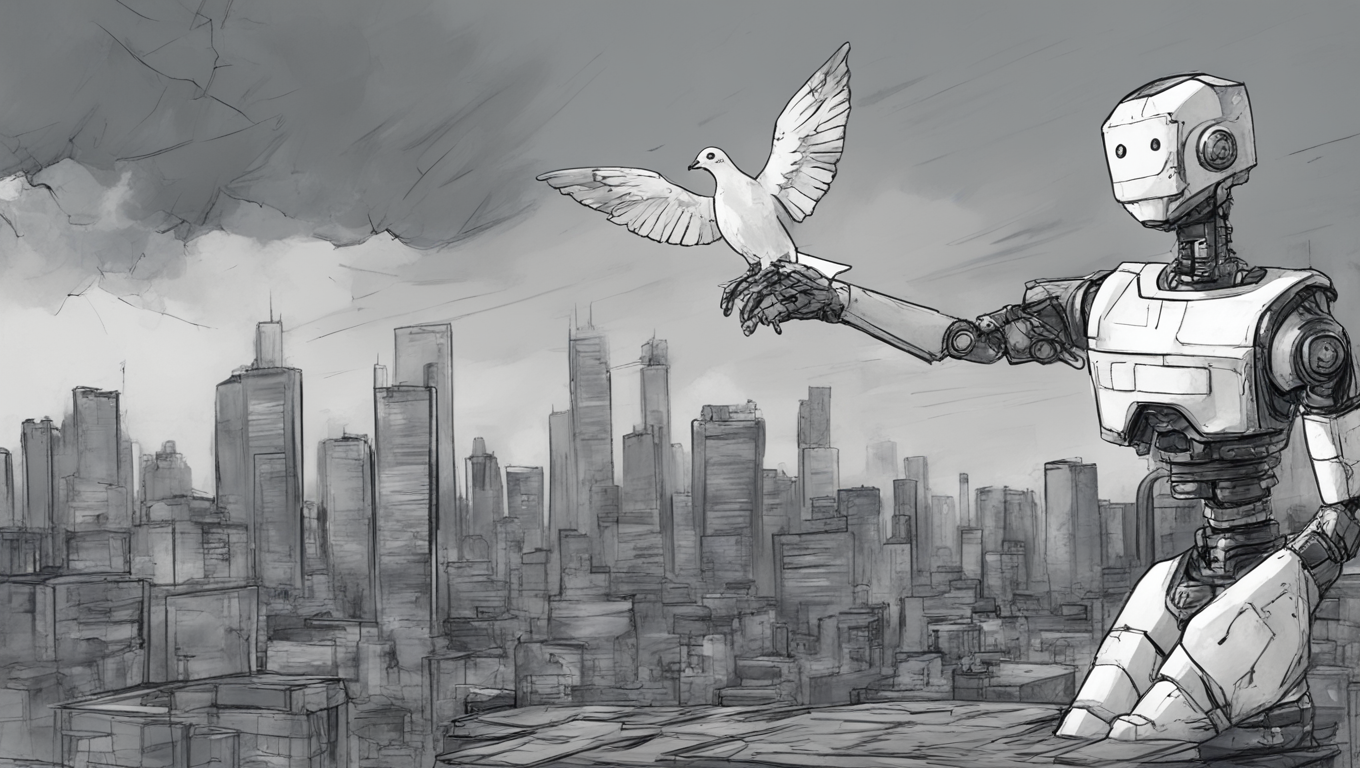In a progressive move towards transforming education, the state of Kerala in India has announced its decision to introduce Artificial Intelligence (AI) into school textbooks. Starting from the upcoming academic year, over four lakh (400,000) students in Class Seven will have the opportunity to study the intricacies of AI. This marks a significant milestone, as it is the first time in the country that an entire class of students will be uniformly taught AI. The initiative is being spearheaded by the Kerala Infrastructure and Technology for Education (KITE), the technology wing of the Department of General Education.
As part of the curriculum, students will explore the fascinating field of “Computer Vision.” In one of the activities, students will be tasked with creating their own AI program capable of recognizing human facial expressions. This program will have the ability to identify up to seven different emotions displayed on a person’s face. To facilitate this learning experience, KITE will equip schools with the necessary software on the laptops used by students.
In addition to the integration of AI education, the new academic year will also witness the introduction of Information and Communication Technology (ICT) textbooks for Classes One, Three, and Five, catering to various mediums such as Malayalam, English, Tamil, and Kannada. The primary focus of these textbooks is to foster critical thinking, analytical skills, and problem-solving abilities in children. Consequently, logical thinking and programming skills have been emphasized and embedded in the ICT textbooks for primary level students.
The textbooks will introduce students to programming tools such as the “PictoBlox” package and the “Scratch” software, which teach visual programming. These tools will enable students to practice programming, AI, robotics, and related subjects. The inclusion of the Free and Open-Source Software (FOSS) based applications, such as GCompris, eduActiv8, OmniTux, and TuxPaint, will cover a wide range of educational activities such as drawing, reading, language learning, numeracy, operations, and rhythm.
Furthermore, KITE has developed a range of educational applications, some of which are also incorporated in the ICT textbooks. For example, the application “Traffic Signal” teaches children about traffic rules, while “Waste Challenges” teaches waste disposal through a gaming mode. Language labs have also found a place in the new textbooks, providing a well-rounded education for students.
K. Anvar Sadath, Chairman of the ICT Textbook Committee and CEO of KITE, expressed his enthusiasm for the new initiative. He emphasized that the new ICT textbooks not only provide practical ICT activities that foster essential life skills but also complement the study of other subjects. Furthermore, the textbooks include guidance on cyber safety and fake news identification, equipping students with knowledge to navigate the digital landscape responsibly.
In preparation for the implementation of AI education, KITE initiated training for 80,000 secondary school teachers from May onwards. As of now, 20,120 teachers have completed the training, and the remaining teachers will also be provided with the necessary training.
The step taken by the Government of Kerala to introduce AI education in schools is commendable, showcasing their commitment to provide a holistic and forward-thinking education to their students. By equipping young minds with programming and problem-solving skills, Kerala is nurturing the next generation of innovators who will drive technological advancements and shape the future.





Use the share button below if you liked it.